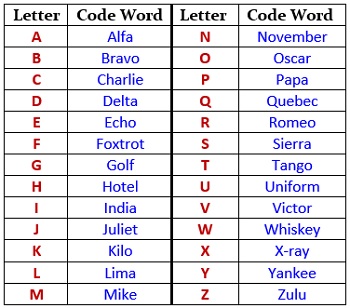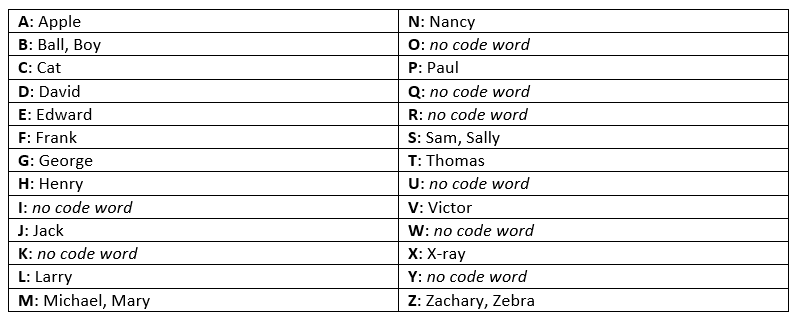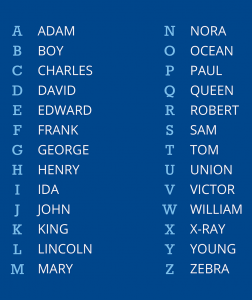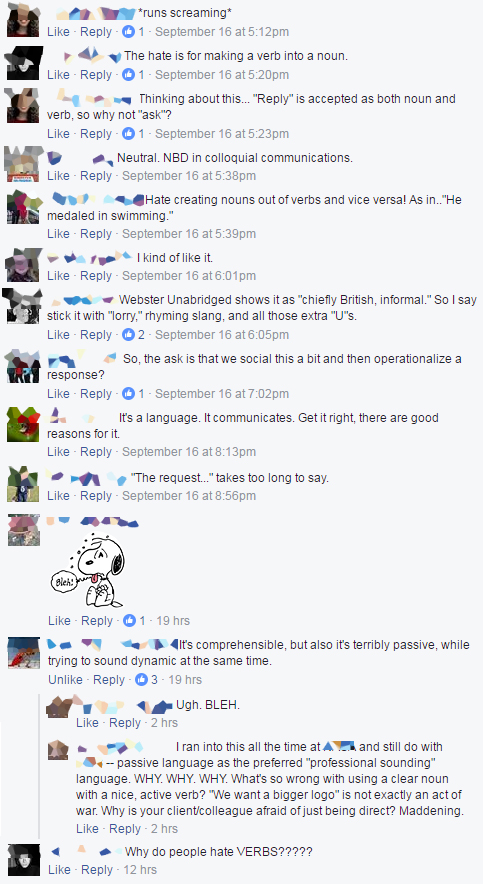Warning: R rated language herein
So there I was, sitting in my favorite coffee shop working, when it came: the inevitable “couple monologue.” You know the kind – the man pontificating on some topic for which he retains deep and complete knowledge, the woman listening and nodding politely*:
“For Unlawful Carnal Knowledge! That’s where FUCK comes from!”
I rolled my eyes and put on my headphones. The only thing worse than talking loudly in a quiet space is talking loudly about things you have no knowledge of. I thought that this false etymology, like the myth of the flat Earth, had been debunked the world over. But no, there it was, sullying my café americano with both obscenity and ignorance.
The word fuck likely comes from some long-dead root word, since other Germanic languages have cognates: fukka (Norwegian); focka (Swedish); ficken (German); and fokken (Dutch). This etymology is not the only contender, but the acronym (sometimes explained as Fornication Under the Consent of the King) one is universally rejected by word nerds worldwide.
But silly trees can yield good fruit. This conversation got me thinking: what are your favorite false etymologies? They can be folk etymologies, back-formations, urban legends, whatever. Leave a comment here or on our Facebook page. Surprise us!
Oh, and speaking of surprises, while it’s typically the fellow mansplaining, in this case it was the lady. Don’t Assume Modern Nitwits!
– Otto E. Mezzo
*I never do this.
References: https://solongasitswords.wordpress.com/2014/02/12/on-the-origin-of-fuck/
http://www.snopes.com/language/acronyms/fuck.asp
https://en.wikipedia.org/wiki/Fuck












